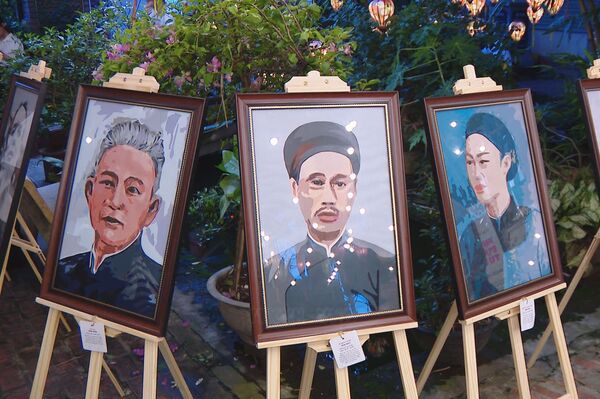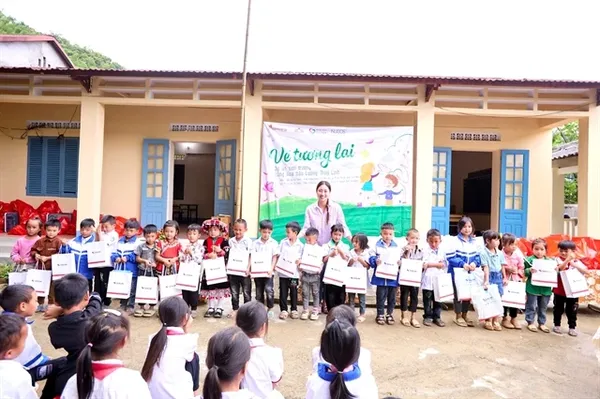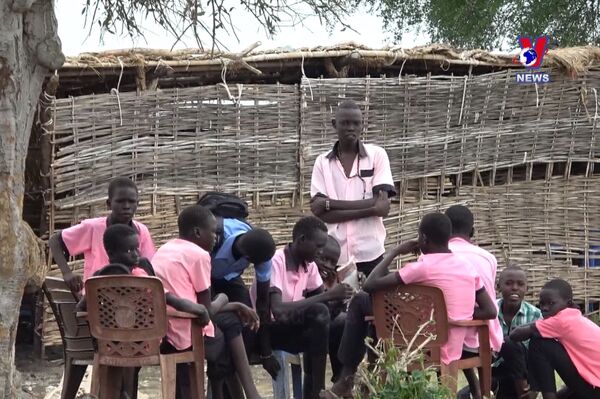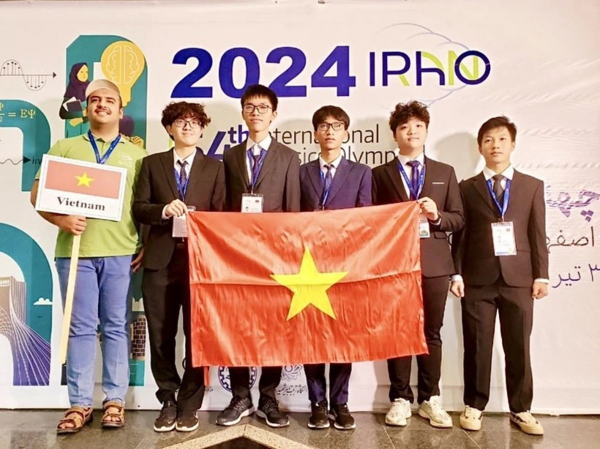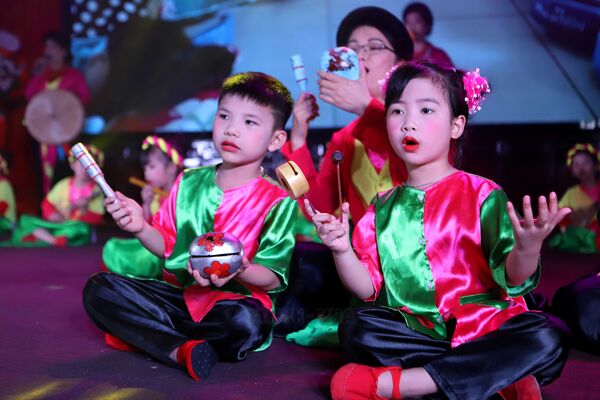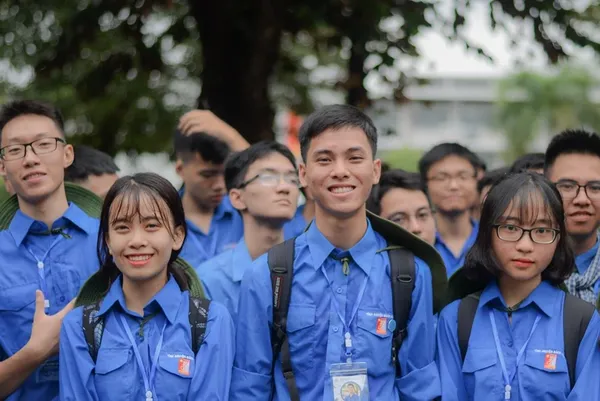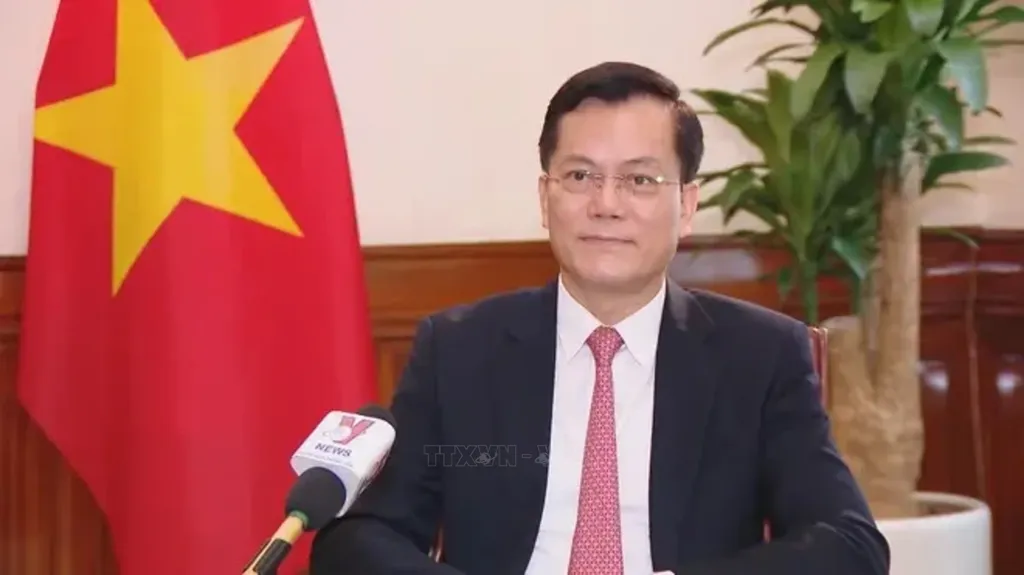 |
| HA KIM NGOC |
Hanoi (VNA) – Vietnam is poised to transform its cultural tourism landscape, with a new generation of young “cultural ambassadors” at the forefront, according to Deputy Minister of Foreign Affairs and Chairman of the Vietnam National Commission for UNESCO Ha Kim Ngoc.
The country, with over 40,000 relic sites and 68 UNESCO-recognised heritage sites, boasts a rich cultural tapestry spread across its 63 cities and provinces. They have become magnets for tourists, contributing significantly to local branding, economic growth, and sustainable development.
"Owning a UNESCO designation not only recognises the cultural, historical, and natural value of a locality or a country but also serves as a powerful draw for international tourists," Ngoc told Vietnam News Agency in a recent interview.
Cultural tourism is a global trend, and Vietnam is keen to capitalise on its rich heritage. UNESCO designations bring invaluable support from the international community, including funding, human resources, and technical assistance to develop tourism infrastructure. This backing fuels the tourism industry’s growth, creating numerous job opportunities for local communities, he said.
“When a site becomes a 'brand' recognised by UNESCO, it provides a significant advantage and acts as a key factor in influencing tourists' destination choices”, said Ngoc.
The 13th National Party Congress's document outlined a clear policy to make "Vietnamese culture and people truly become an internal strength and driving force of national development and protection of the homeland". Various ministries and local authorities have since adopted measures to conserve, promote, and encourage sustainable tourism development linked to UNESCO heritage sites.
The Prime Minister has issued several key strategies, including the Cultural Diplomacy Strategy to 2030, which centres on localities, citizens, and businesses. The Government's recent Resolution No. 82/NQ-CP also states that "tourism has truly become a key economic sector of the country”.
To cultivate a new generation of tourism professionals, Vietnam is investing in education and awareness-raising courses. Schools are incorporating UNESCO heritage into various extracurricular activities to engage students early in promoting heritage through tourism development.
The deputy minister also highlighted the importance of facilitating tourism startups led by young entrepreneurs, especially those related to cultural heritage utilisation. Training and technical support courses are offered to help them develop innovative tourism products and services.
Today, leveraging the values of UNESCO designations and heritage for economic and tourism development is a crucial task of each locality. UNESCO encourages this endeavor to be approached with creativity and innovation while ensuring a balance between preservation and development, in line with the commitments made to UNESCO, he said.
Ngoc encouraged young people to engage in community-associated tourism. This involves offering visitors opportunities to experience the unique local cultures, intangible heritage, and indigenous festivals firsthand. Such efforts not only popularise Vietnamese culture, history, and people but also directly benefit the community.
To keep pace with global trends and meet growing demand, young people have certain advantages but need to further leverage digital transformation, social media platforms, mobile apps, and the effects of social networks to promote and showcase UNESCO heritage to a global audience, he said./.
